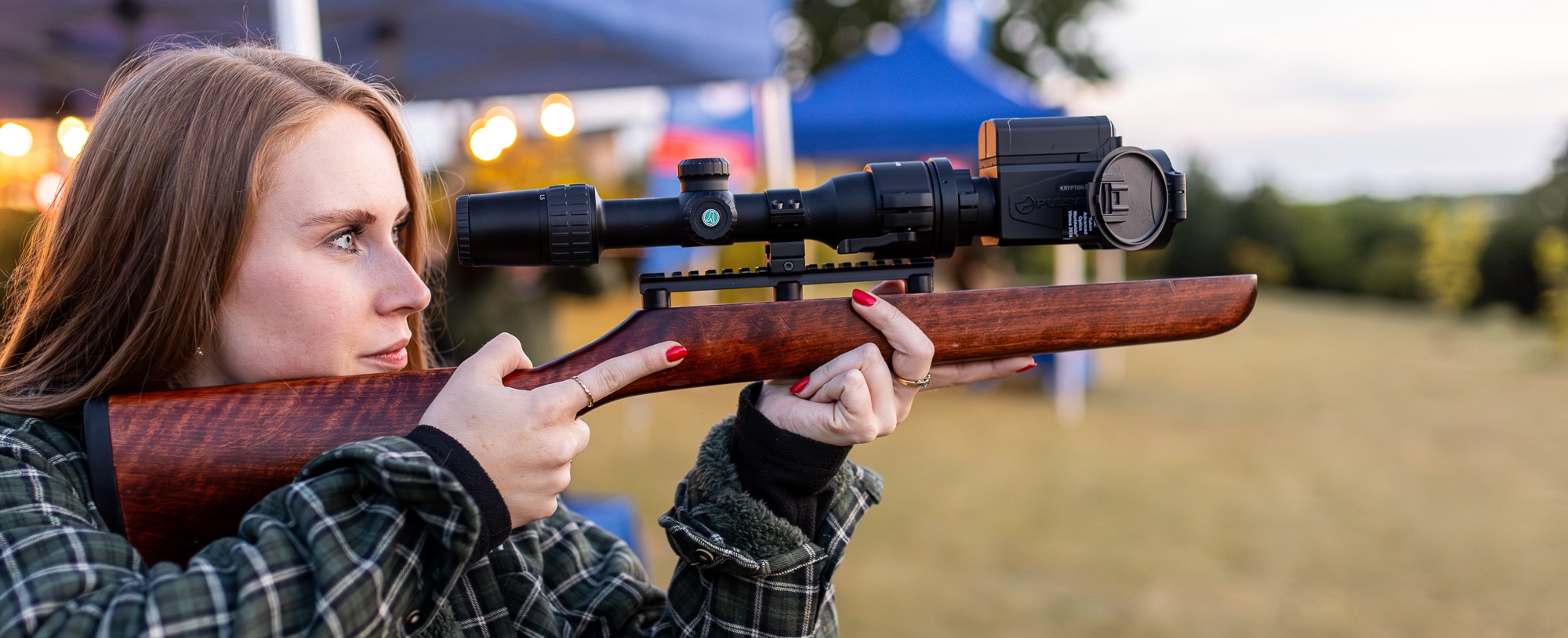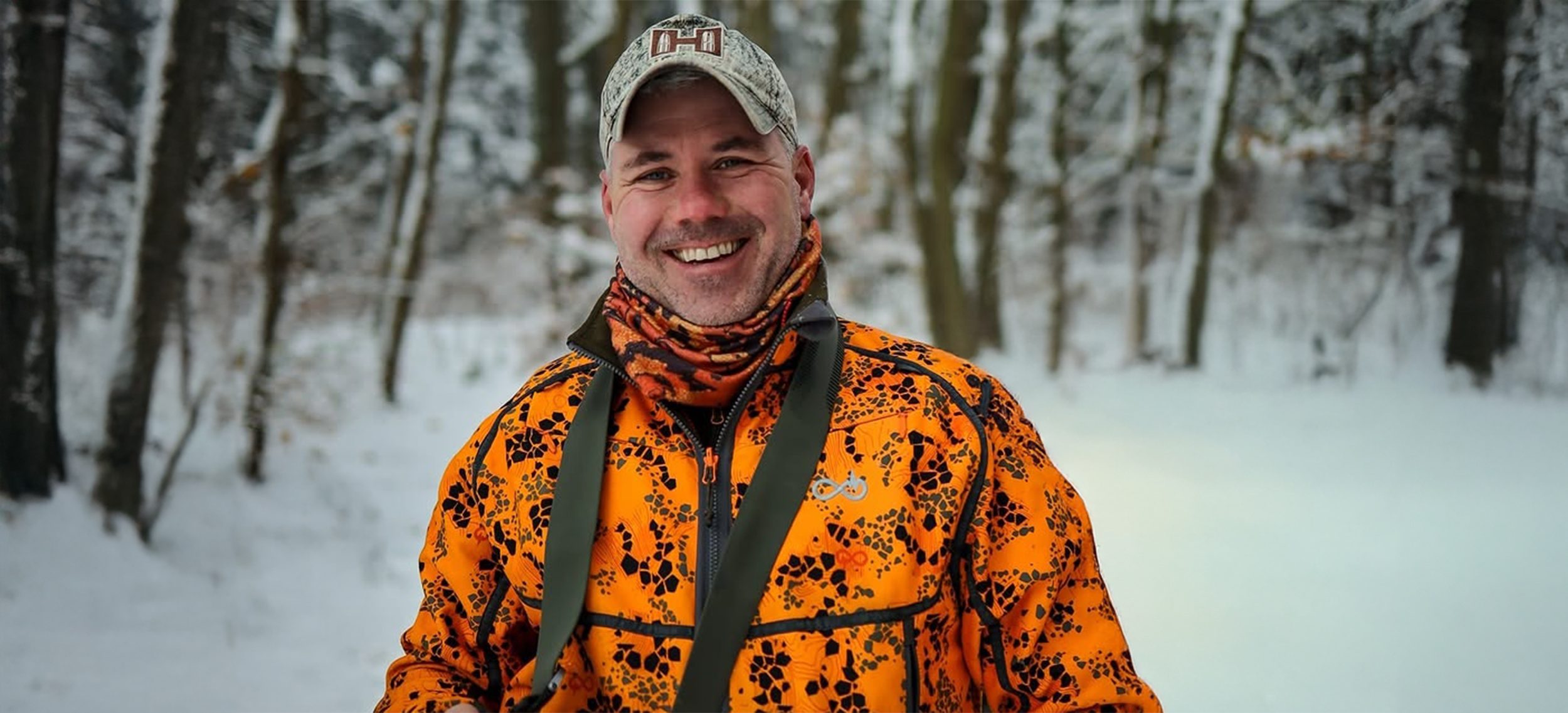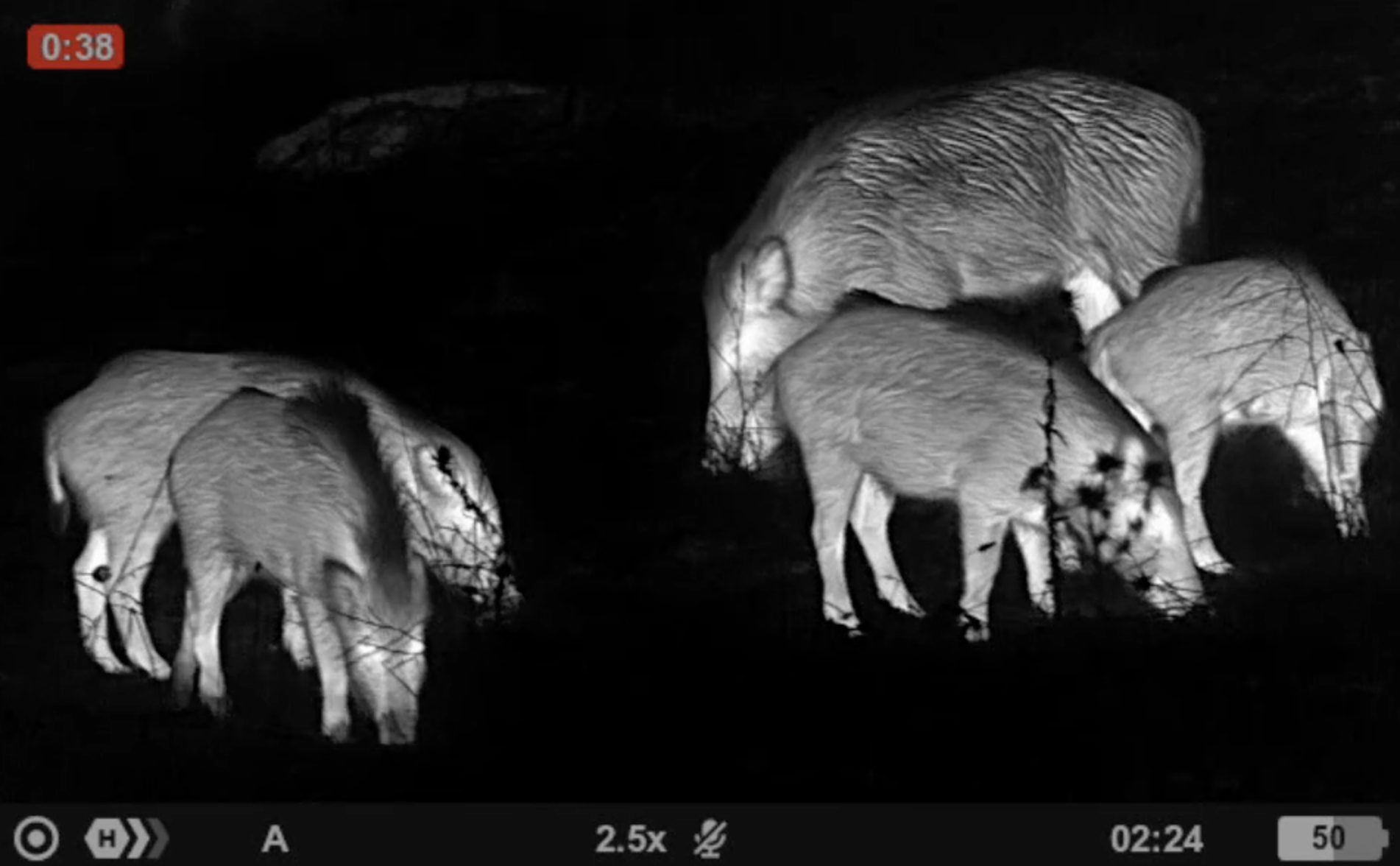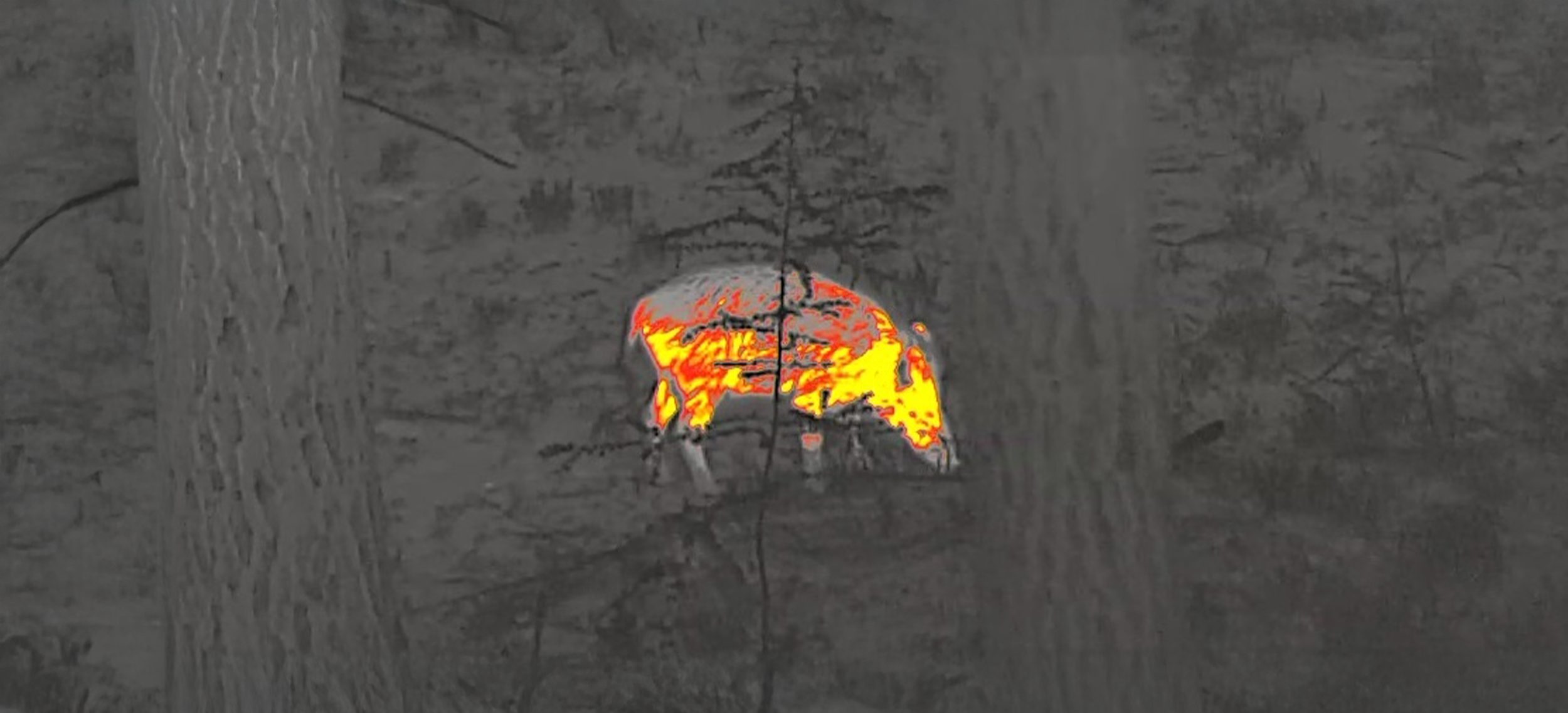Expert Contributor:
Theresa Anheuser, Andreas Barth
The outbreak of African Swine Fever (ASF) in Germany has significantly impacted hunting practices and the broader ecosystem. As authorities grapple with containing the virus, hunters find themselves navigating a complex landscape of regulations, technologies, and ecological consequences.
Insights from German hunters like Theresa Anheuser and Andreas Barth shed light on the challenges and adaptations required in affected areas.
Restricted zones
Theresa Anheuser says that the outbreak of ASF has caused a major disruption to everyday hunting. According to her, depending on the location of the hunting ground and which exclusion zone it falls into, hunting is almost at a standstill.
“There’s an exclusive hunting ban on all game species if a dead wild boar has been found and has tested positive for ASF. If this is the case, the area is cordoned off and searched for further carcasses using thermal imaging drones, search teams, and carcass detection dogs,” explains Theresa.
However, if ASF is detected on a pig farm with domestic pigs, there are exclusion zones and restrictions, but hunting is theoretically possible under certain conditions.

Theresa Anheuser
“Other game species such as roe deer, foxes, and badgers may continue to be hunted normally as they cannot contract ASF. Wild boars may also be hunted, but there are various conditions imposed by the responsible veterinarian. For example, you must take the offal of a wild boar to a collection centre and may not dispose of it in the forest. You’re also not allowed to sell the meat or take it out of the restricted zone; it is only intended for personal consumption,” says Theresa.
Another hunter from Germany, Andreas Barth, adds that for him, the first consideration is whether to go hunting in the areas affected by ASF at all.
“For me, the concern is the possibly unnecessary spread due to a lack of hunting hygiene. The question you have to ask yourself is: do I have to hunt there at all? In an ASF area, hunting looks different due to the strict measures and regulations. It is not hunting as we know it, because the rules are determined by the Federal Law on Epidemics,” says Andreas.
Implications for the ecosystem
The combination of hunting bans has also raised concerns about ecological balance. Theresa Anheuser warns that it results in no pressure being exerted on the game, leading to rising wild boar populations.
“The damage caused by wild boar cannot be contained as hunting is not allowed in the damaged areas, and they can wreck meadows, vineyards, and other crops unhindered. The prohibited hunting of wild boar naturally increases the population, which leads to more damage,” notes Theresa.
She continues that this can affect the ecosystem in other ways. As wild boars are known to be omnivores, in spring, when young animals are born, they become easy prey.
“In other words, they actively intervene in the populations of other game species by eating the young. One population is reduced by the increased population of another species. Not to mention, the absence of hunting, as well as the so-called ASF fences that are supposed to prevent ASF from spreading, leads to inbreeding between game species and to gene exchange,” Theresa explains.
Barth adds to this, indicating the broader implications for the local ecosystem: “The outbreak changes everything. Game damage will continue to be a concern, raising questions about who will cover the increased costs.”
The prohibited hunting of wild boar naturally increases the population, which leads to more damage.
Theresa Anheuser
Thermal technology helps to adapt
The hunters note that the use of thermal imaging technology has become a game-changer in the effort to manage ASF.
“With thermal imaging technology, hunters can target wild boars even more effectively, searching for carcasses quickly and safely. Drones with thermal imaging technology already do this from the air. They fly over the areas where dead wild boar have been found, allowing a large area to be searched quickly and safely,” says Theresa.
Andreas Barth agrees, noting how the thermal imaging technology enhances the hunting experience, especially in light of the restrictions imposed due to ASF.
“We already hunt with thermal technology, which has fundamentally changed wild boar hunting. By improving our limited human sense of sight with technology, we can identify and hunt them in the dark. We are no longer dependent on natural light sources, and longer periods of time are available for hunting. This makes it possible to reduce the overall wild boar population. That’s how the risk of disease is reduced – by managing game populations,” he says.

Andreas Barth
The need for collaborative efforts
Yet the German hunter continues to express concern about how little influence hunters have on the restrictions imposed after an epidemic area has been declared.
“We only have an advisory role and are asked to tolerate the measures. These include a ban on entering the area, the use of officially commissioned drone search teams, where thermal imaging technology also plays a role, and the killing of wild boars found in the area. However, I believe we should work even closer with the authorities to prevent the epidemic areas from expanding,” remarks Andreas Barth.
Theresa agrees with him, adding that collaboration is crucial because ASF affects everyone: from pig farmers and consumers to hikers, prohibited from entering exclusion zones, and other farmers who complain about damage caused by wild boars.
“Of course, it’s very difficult to combat ASF because there’s no vaccine, and it’s almost impossible to stop it. You can disinfect cars and clothes, but not everyone does that. And as long as leftover food is thrown out of cars at the border with Germany, or in general, and then eaten by wild boars, the virus will continue to spread. We can only try to reduce the speed of the outbreak and make it easier to hunt wild boars, so that as many as possible can be killed and thus protected from the disease,” says the German huntress.
I believe we should work even closer with the authorities to prevent the epidemic areas from expanding.
Theresa Anheuser
Before purchasing any night or thermal vision device, please make sure you adhere to the local legislation and only use it when it is allowed. Our ambassadors come from various countries and travel a lot, which allows them to test different devices. We do not encourage or support the illegal use of our devices in any events. If you wish to learn more about export and sales restriction policy, please visit the following link: Export and Sales Restriction Policy.

